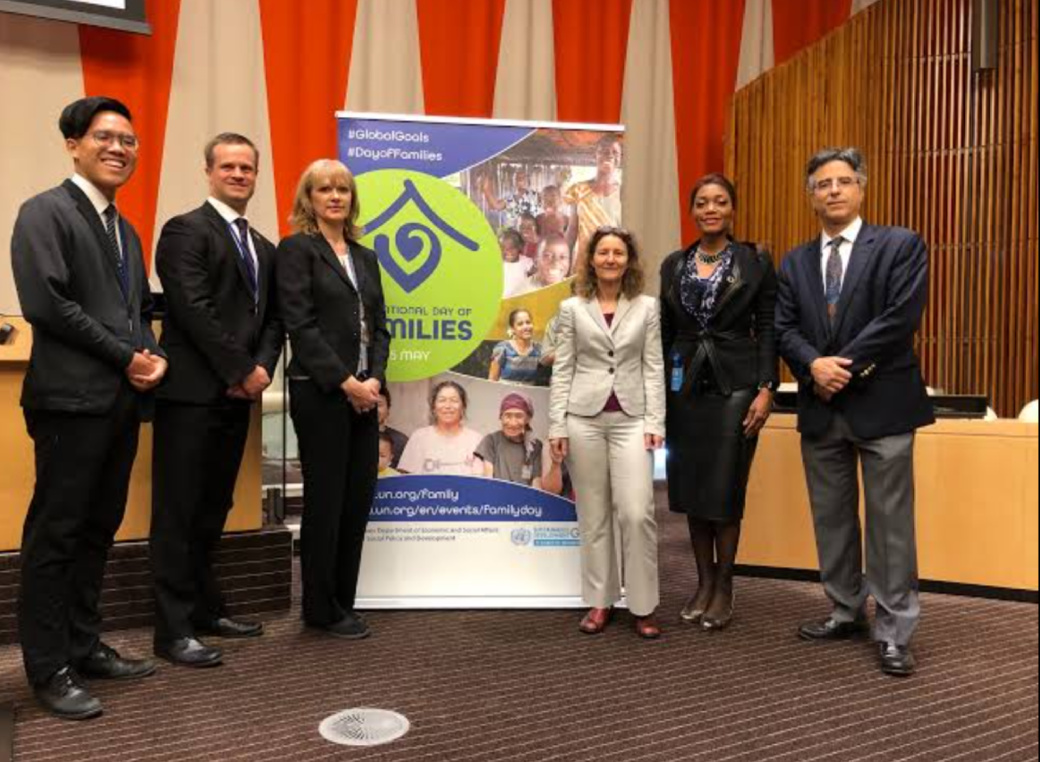
KAMPALA – Every year since 1995, the UN and Governments around the world have joined efforts to commemorate The UN International day of families, a day that is celebrated to promote awareness on issues relating to families. It is also a day that inadvertently encourages better living standards for families. This year’s theme was centered on “families and new technologies”, focusing on the role of digital technologies on social development and well-being of all.
Choosing digital technologies in the central theme of the UN day International meant that governments and companies alike-involved in digital technology have an active role to play. It also means that they are active partners through their individual roles and mandates in promoting digital inclusion, availing internet and data, technology and ICT, all of which are key factors in the growth of families.
The Ministry of Gender focused on the family challenges, opportunities and lessons learnt from covid-19 with the Speaker of Parliament Hon Rebecca Kadaga as chief was guest. Smile Telecom, a voice and data service provider recognized the day by keeping it global in focus with the International theme “families and New Technologies”.
Smile telecom-a company that pioneered 4GLTE in Uganda, and is known to provide quality fast unlimited data plans for families and home setting-alongside voice. According to the head of marketing at smile Uganda-Felix Owilo, by honouring the day, smile telecom was highlighting the roles in which ICT companies can foster opportunities for families; something that was subtly, but deliberately stated was that, Family is central to life in any setting be it a home or company and today the digital agenda finds the best definition within the family set up.
Uganda with a population of approximately 47 million is said to have slightly over 12 million internet users, with close to 2 million of those joining the internet bracket between 2020 and 2021.
With over 25% of Uganda’s population living in Urban centres, and with internet penetration in Uganda still low, it is only apt that such telecom companies continue to expand their roles in bridging the gaps of internet penetration.
This could help in increasing knowledge through which families can tap opportunities for economic and social well-being.






